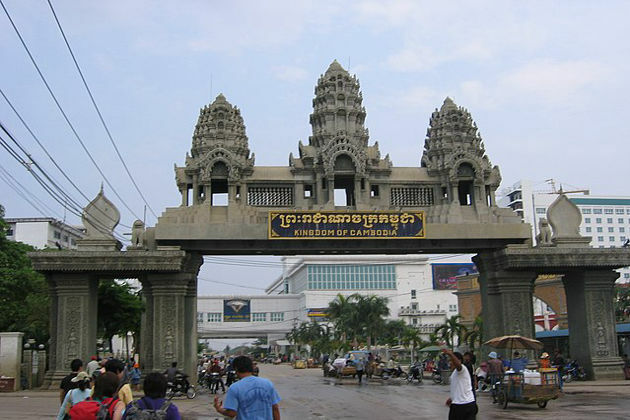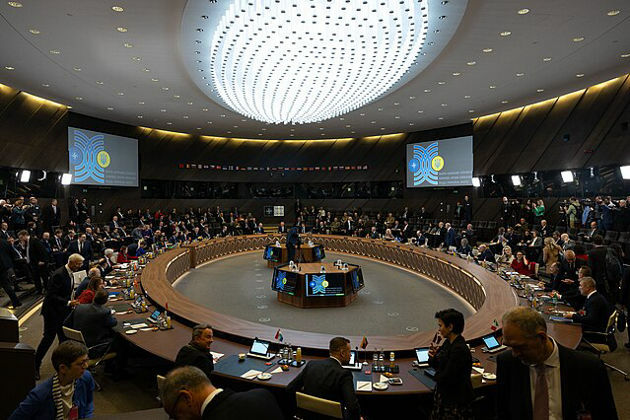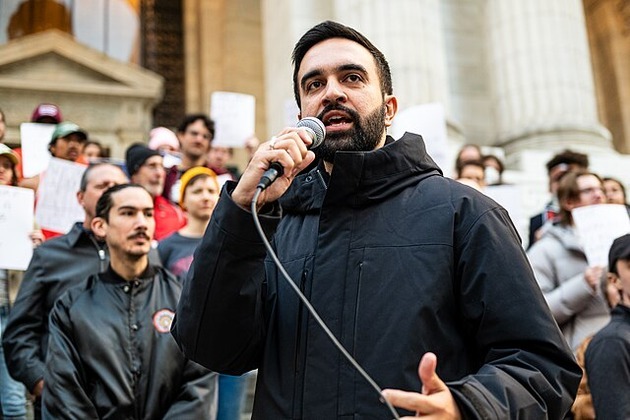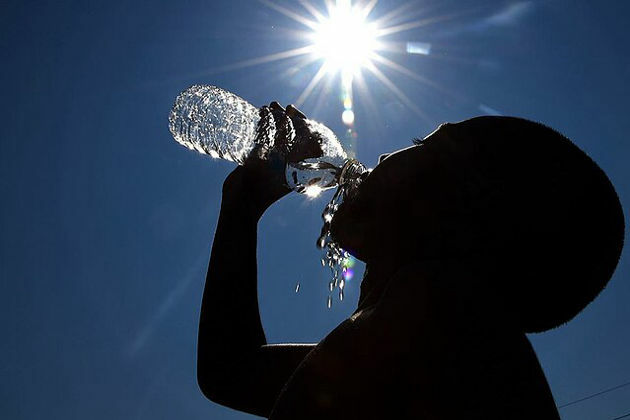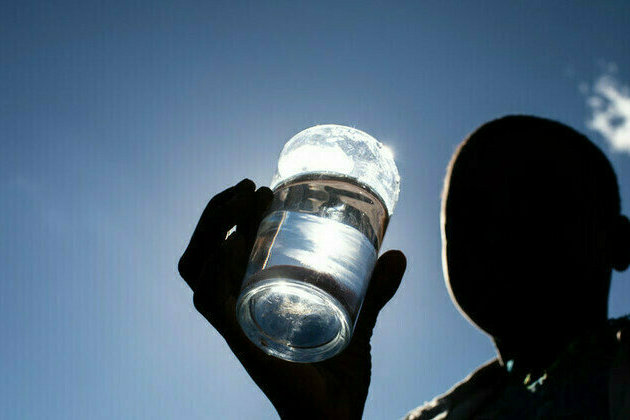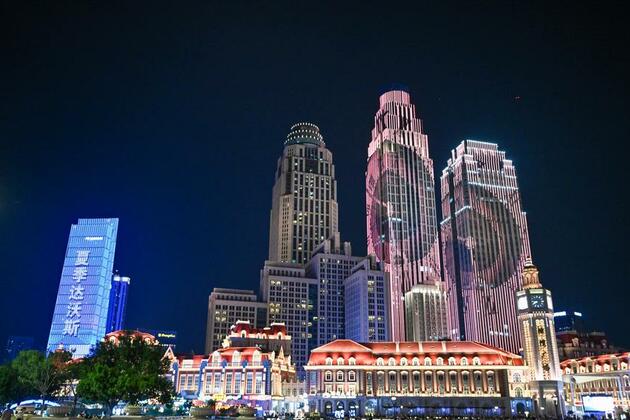Unpacking the care society: Caring for people and the planet
UN Women
21 Apr 2025, 22:17 GMT+10
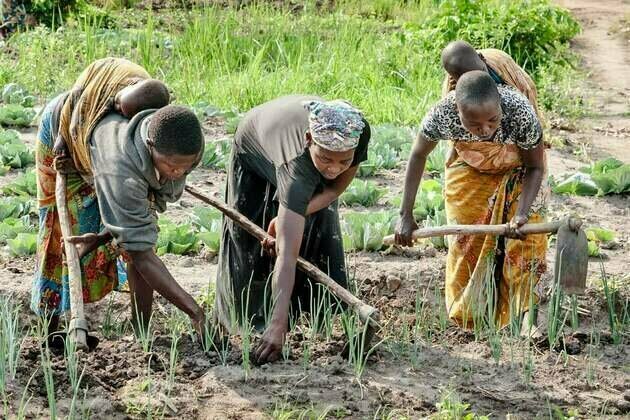
How climate change intensifies the care crisis for women
Environmental degradation and the global climate emergency are intensifying the global care crisis. People with fewer resources, including Indigenous women, ethnic minorities, those living with disabilities and with HIV, women of African descent, and LGBTIQ+ persons in developing and Small Island Developing States can be hit especially hard by these compounding crises. Women and girls already spend on average three times more on care work than men and boys. Climate change further amplifies women's and girls' unequal load of unpaid care and household chores.
Women bear the brunt of water scarcity
Women and girls, especially those living in rural areas, who are responsible for managing resources and running households, are particularly vulnerable to climate shocks. Women and girls bear the brunt of providing drinking, cooking, and sanitation water for their families. Some 1.8 billion people worldwide rely on drinking water from supplies that are off premises and women and girls are responsible for collecting water in seven out of ten households without water on premises.
Climate change is having a significant impact on water resources worldwide. Droughts are becoming more frequent and severe, while rainfall patterns are becoming increasingly unpredictable. Ten per cent of the world’s female population, some 380 million women and girls, live in areas facing high or critical water stress, a figure that is expected to reach 647 million by 2050.
During droughts, women and girls stand in long queues and walk long distances to collect water for their families. In Iraq, women spend up to three hours a day collecting water. In India, women and girls spend more than 50 minutes a day collecting water compared to men and boys’ four minutes.
Droughts deepen food insecurity for women
Women also face greater food insecurity than men. When there is food scarcity, it is common for men and boys to be fed first with women eating last and least. Droughts force many women and girls into subsistence farming and activities which increases their workloads as they grapple to secure sufficient food provisions for their families.
Climate shocks increase unpaid health care work for women and girls
A rise in diseases linked to the climate crisis is disproportionately impacting the care-load for women and girls. A study in Delhi, India, and Dhaka, Bangladesh, showed that women spent on average an additional hour per day on care work when a member of their family had a climate-related illness, such as a water-borne disease from torrential rains.
Pregnant women face an increased risk of complications, including pregnancy loss, linked to drought and food scarcity.
Women: Unpaid “sustainability saviours”
Historically, women and girls have shouldered climate mitigation activities such as waste management, reforestation, and land rehabilitation. As climate crises continue to swell, the burden of environmental care has spiked further gender inequalities, and the number of hours women and girls spend on caring for the planet.
Women are at the forefront of climate justice and sustainability efforts, in part because access to a safe, clean, healthy, and sustainable environment is a matter of life and death for their families. Many women engage in climate action because they consider it essential to fulfill their role as the primary caretakers of their communities.
Despite the key role of women in tackling the impacts of climate change, women environmental human rights defenders are facing an uptick in gender-based violence and femicides. In 2022, at least 401 human rights defenders were killed, most in Latin America, and 17 per cent were women. Women also face resistance within their indigenous communities who accuse them of wasting time on activism and face defamation, threats and physical attacks.
What is a care society?
The world is facing two seemingly distinct yet deeply intertwined crises, whose links are often overlooked in climate discussions.
The first crisis centers around the unnoticed and unequal distribution of unpaid care work, primarily borne by women and girls. The second is the looming climate emergency, characterized by rising temperatures and the urgent need to reduce greenhouse gas emissions. While these crises may appear unrelated, they are inextricably linked, demanding our collective attention and action.
Remarkably, just 11 per cent of Nationally Determined Contributions—the measures and actions that parties of the Paris Agreement plan to adopt to reduce greenhouse gas emissions—mention the unpaid care work of women and girls, and only Cambodia’s include actions to reduce their workloads.
The sixty-sixth Commission on the Status of Women has sounded the alarm warning that “natural resources and ecosystems and women’s labour are treated as infinite and are undervalued in the current metrics of economic growth, such as GDP, despite being essential to all economies and the well-being of present and future generations and the planet”.
Within this complex snapshot, the concept of a care society emerges as a pressing alternative to the current economic and development model based on the extraction and exploitation of natural resources, fossil fuels, and human lives. It emphasizes the crucial role of both caring for people and the planet. Recognizing the irreplaceable value of care is essential, as is addressing the unequal care burden that women and girls currently bear, and increasingly so amid the climate emergency. The provision of care should be a shared responsibility involving the state, markets, communities, and families.
Learn more
3 swipe left swipe right 4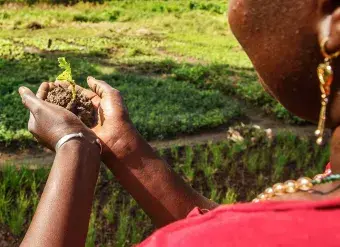
In focus: Women’s leadership at the COP 28 climate conference
In focus: Women’s leadership at the COP 28 climate conference
The climate–care nexus: Addressing the linkages between climate change and women’s and girls’ unpaid care, domestic, and communal work
The climate–care nexus: Addressing the linkages between climate change and women’s and girls’ unpaid care, domestic, and communal work
How gender inequality and climate change are interconnected
How gender inequality and climate change are interconnected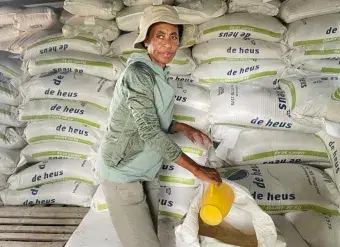
UN programme instructs women on climate-resilient farming
UN programme instructs women on climate-resilient farming Share
Share
 Tweet
Tweet
 Share
Share
 Flip
Flip
 Email
Email
Watch latest videos
Subscribe and Follow
Get a daily dose of Cape Town Express news through our daily email, its complimentary and keeps you fully up to date with world and business news as well.
News RELEASES
Publish news of your business, community or sports group, personnel appointments, major event and more by submitting a news release to Cape Town Express.
More InformationInternational
SectionThailand-Cambodia tensions rise as border rules tighten
BANGKOK, Thailand: This week, Thailand implemented land border restrictions, including a ban on tourists traveling to Cambodia, as...
Alliance eyes major military buildup to counter Russia
THE HAGUE, Netherlands: NATO is pressing ahead with a sweeping new defense spending target, calling on all 32 member nations to commit...
Mamdani leads NYC mayoral race in stunning upset over Cuomo
NEW YORK, U.S.: A political newcomer is on the verge of reshaping New York City politics. Zohran Mamdani, a 33-year-old state assemblyman...
Millions endure dangerous US temperatures, heat alert issued
MADISON, Wisconsin: Tens of millions of residents across the Midwest and East Coast faced dangerously high temperatures over the weekend...
Multiple Israeli troops die as armored personnel carrier is blown up in Gaza
KHAN YOUNIS, Gaza - Seven Israeli soldiers were killed in a large explosion in southern Gaza's Khan Younis area on Tuesday night,...
Khamenei remains in hiding as clerics fast-track succession plans
DUBAI, U.A.E.: Iran's top clerics are quietly accelerating succession plans for Supreme Leader Ayatollah Ali Khamenei, who was threatened...
South Africa
SectionStudy exposes water danger in South African schools
Teachers and pupils have uncovered high bacterial contamination in tanks, taps, and rivers A South African environmental organization...
Gibbs, Taylor, Dilshan, Irfan, Yusuf, Finch to lead teams in The LEGEN-Z T10 League's first season
New Delhi [India], June 27 (ANI): The LEGEN-Z T10 League has officially unveiled its roster of star international cricketers for its...
Interview: China is trustworthy, preferred partner for other countries, says S. African media executive
China is playing a crucial role in stimulating the global economy through investment, consumption and strengthened partnerships, which...
Starc dismisses Lord's repeat as Australia seek to avert rare series loss to West Indies
Bridgetown [Barbados], June 27 (ANI): Mitchell Starc believes the surface at Kensington Oval won't follow the same trajectory as the...
Daren Sammy raises concerns over TV umpiring after controversial decisions in Barbados Test
Bridgetown [Barbados], June 27 (ANI): West Indies head coach Daren Sammy has voiced his concerns over the performance of TV umpire...
New Zealand recall senior stars for T20I tri-series against South Africa, Zimbabwe
Wellington [New Zealand], June 27 (ANI): Several key players made their comeback as New Zealand announced a 15-member squad for next...

